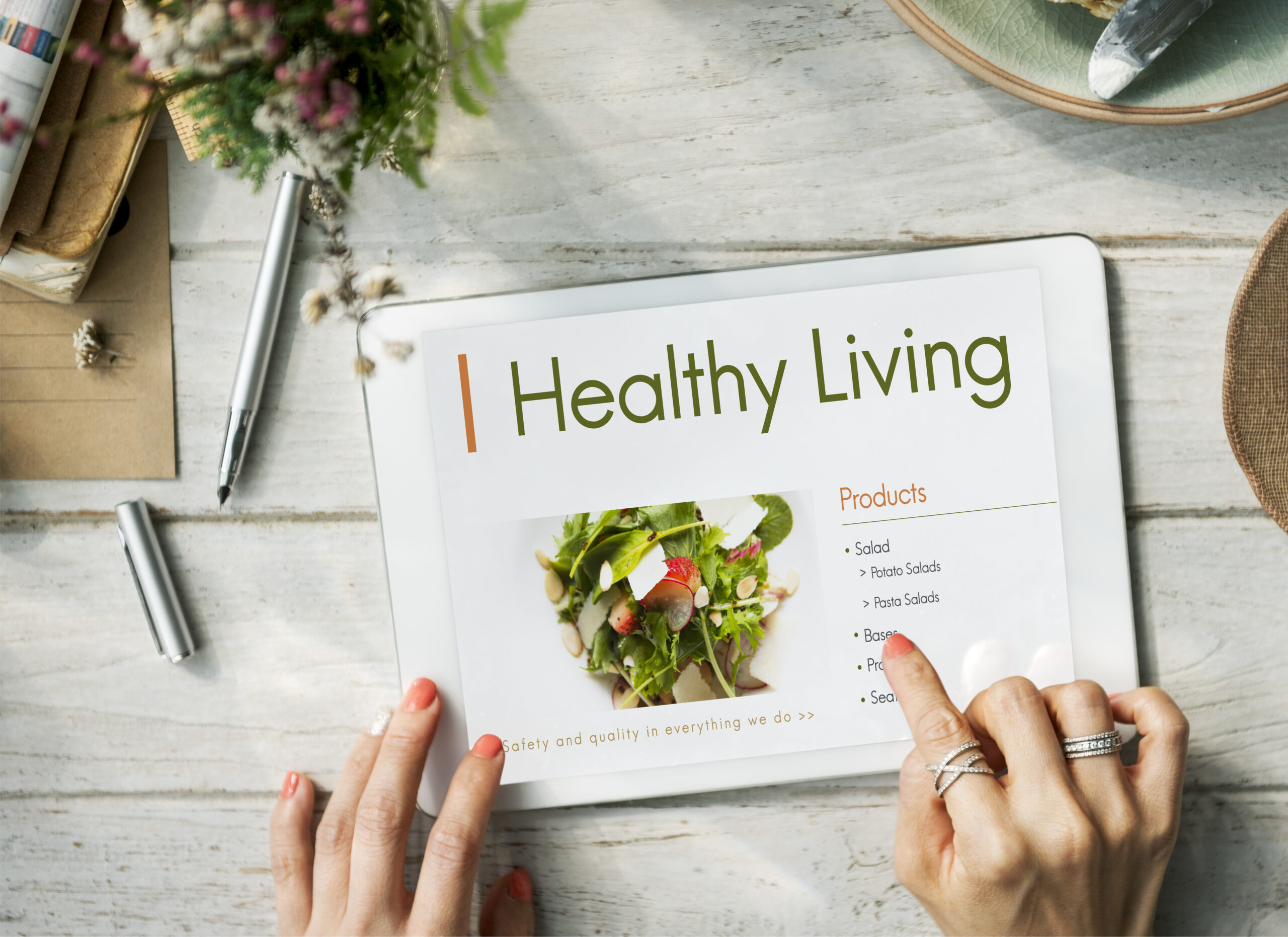Healthy living doesn’t have to be difficult or time-consuming. By making small adjustments to your daily routine, you can improve your physical and mental well-being. Here are some quick tips to help you live a healthier life without overwhelming yourself with complicated routines or extreme diets.
“Quick tips for healthy living”
1. Start Your Day with Water
Before you have your morning coffee or tea, drink a glass of water. It helps hydrate your body after a night’s sleep, jump-starts your metabolism, and gives your body the boost it needs to start the day right.
2. Incorporate Movement Into Your Day
You don’t need to go to the gym every day to stay active. Try adding more movement throughout your day:
- Take the stairs instead of the elevator.
- Walk or bike to nearby places.
- Do a quick 5-minute stretch during breaks.
Small movements add up and can help you stay fit without needing hours of exercise.
3. Eat More Whole Foods
Focus on eating whole, unprocessed foods like fruits, vegetables, nuts, seeds, and lean proteins. These foods provide the nutrients your body needs to function at its best. Avoid processed snacks and opt for healthier alternatives like nuts or fruit.
4. Get Sufficient Sleep
Good sleep is crucial for both physical and mental health. Aim for 7-9 hours of sleep each night. To improve sleep quality:
- Keep a consistent bedtime routine.
- Avoid screens before bed.
- Make your bedroom a relaxing environment.
5. Practice Mindfulness
Mindfulness can help reduce stress and improve focus. Try spending a few minutes each day practicing deep breathing, meditation, or simply being aware of your surroundings without judgment. This simple habit can lead to greater emotional balance and calmness.
6. Stay Hydrated
Water plays an important role in digestion, temperature regulation, and overall energy. Aim to drink about 8 glasses of water a day, and more if you’re active. Carrying a water bottle with you is a great way to remind yourself to drink throughout the day.
7. Limit Processed Foods and Sugary Drinks
Processed foods and sugary drinks are packed with empty calories, unhealthy fats, and sugars. Cutting down on these can lower your risk of chronic diseases such as diabetes, heart disease, and obesity. Swap sugary drinks for water or herbal tea, and choose whole foods over packaged snacks.
8. Take Breaks from Screen Time
Too much screen time can cause eye strain, headaches, and disrupt your sleep. Try to take regular breaks from screens, especially before bed. Consider using the 20-20-20 rule: every 20 minutes, look at something 20 feet away for 20 seconds to rest your eyes.
9. Eat Smaller Portions
Portion control can help you maintain a healthy weight without depriving yourself of the foods you love. Use smaller plates, eat slowly, and stop eating when you feel satisfied, not when you’re full.
10. Surround Yourself with Positive People
Your mental health is just as important as your physical health. Surround yourself with supportive, positive people who encourage and uplift you. Social connections are key to emotional well-being and can even reduce stress and increase longevity.
11. Get Outside Every Day
Spending time outdoors can boost your mood, reduce stress, and improve overall mental health. Even just a few minutes in nature, such as a short walk or sitting in a park, can have significant benefits.
12. Avoid Smoking and Limit Alcohol
If you smoke, quitting is one of the best things you can do for your health. If you drink alcohol, try to limit your intake to moderate levels. Both smoking and excessive alcohol consumption increase the risk of serious health conditions like cancer and heart disease.
13. Practice Gratitude
Taking a moment to reflect on the things you are grateful for can have a powerful impact on your mental health. Try writing down three things you’re thankful for each day to promote a positive mindset and emotional well-being.
14. Wash Your Hands Frequently
Good hygiene is essential to prevent infections and illnesses. Washing your hands regularly, especially before eating or after touching public surfaces, helps prevent the spread of germs and keeps you healthier.
15. Find Time for Fun and Relaxation
Balance is key to healthy living. Make sure to set aside time for activities you enjoy, whether it’s reading, spending time with loved ones, or pursuing a hobby. Relaxation is important for maintaining a healthy mental state.
Conclusion
Healthy living is all about making small, manageable changes that improve your overall well-being. By staying hydrated, eating whole foods, moving more, and practicing mindfulness, you can easily incorporate healthy habits into your life without feeling overwhelmed. Start small, stay consistent, and watch how these quick tips can positively impact your health.
FAQs
How can I improve my health quickly?
You can improve your health by drinking more water, eating whole foods, moving throughout the day, and getting enough sleep. Small, consistent changes are the most effective.
What is the easiest way to stay active?
Incorporating short bursts of movement into your day, like walking, stretching, or taking the stairs, is a simple way to stay active without a dedicated workout routine.
How much water should I drink daily?
A good general rule is to drink about 8 glasses (or 2 liters) of water per day, but your needs may increase if you’re physically active or live in a hot climate.
Why is sleep so important for health?
Sleep is essential for restoring energy, repairing tissues, and maintaining cognitive function. Lack of sleep can affect your mood, productivity, and overall health.
How can I reduce stress quickly?
Practicing mindfulness, taking short breaks, and engaging in activities you enjoy are quick and effective ways to reduce stress.

